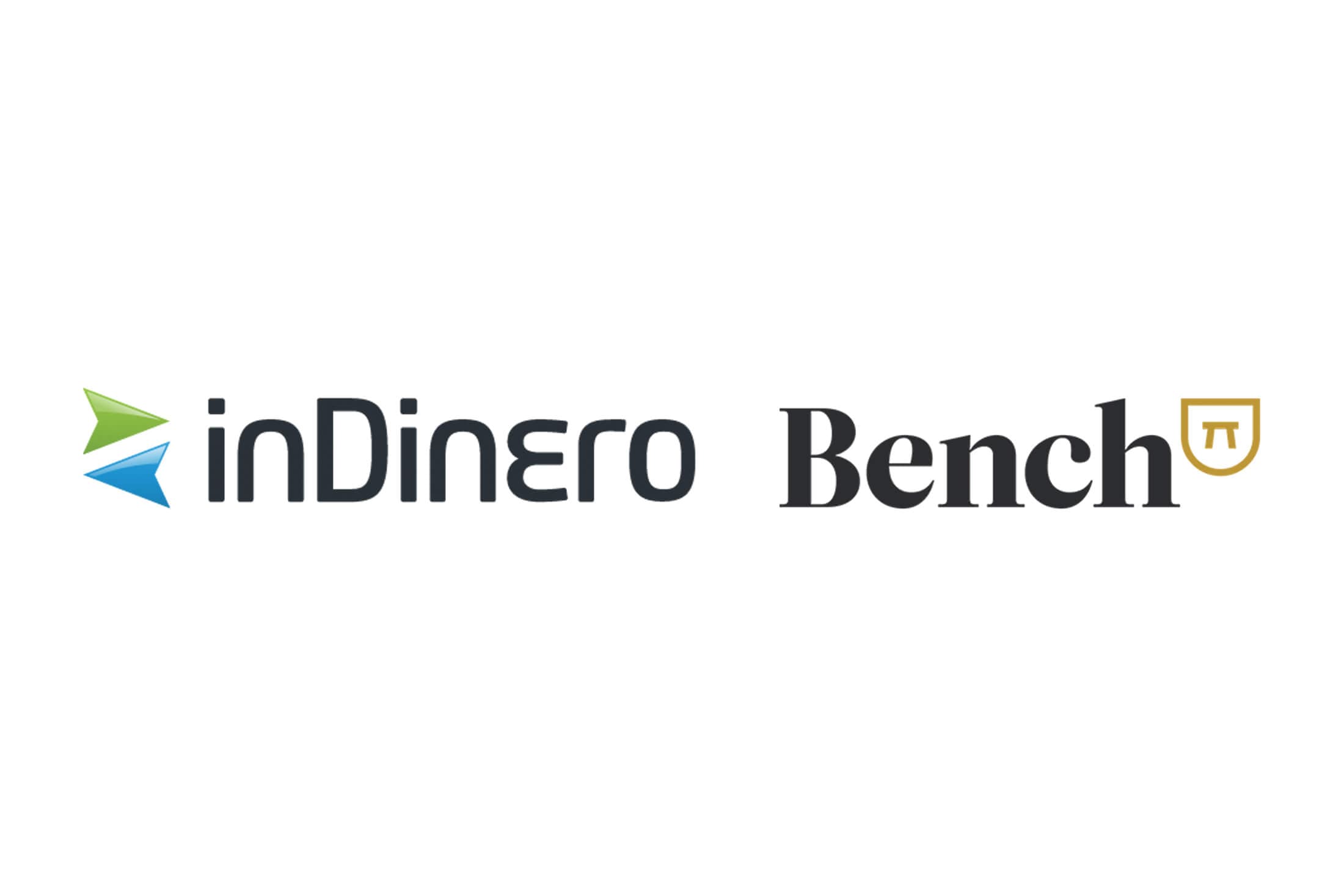How Much Does a Startup Tax Return Cost?
We’ve put together this calculator to help you estimate the cost of preparing your startup’s tax return.

KRUZE CONSULTING
Is your startup ready to work with Kruze Consulting? We’ve put together this calculator to help you estimate the cost of preparing your startup’s tax return.
Remember, your startup is unique and this tool is intended to be a guide. Please contact us for a free consultation.
Why choose Kruze Consulting?
Kruze Consulting offers a customized, cost-effective, and efficient tax preparation solution for startup founders, combining expertise in startup finances with a commitment to providing comprehensive financial services. When you choose Kruze, you’ll get:
- Specialization in startups. We specialize in providing financial and tax services tailored specifically for startups. With a deep understanding of the unique challenges and financial restrictions that startups face, we have expertise that other general accounting firms may not.
- Tax compliance knowledge. Kruze Consulting is well-versed in the ever-changing landscape of tax regulations and compliance requirements. We make sure that startups remain in compliance and maximize potential tax benefits.
- Tax credit expertise. Our deep knowledge of the tax credits available to startups – ranging from the R&D Tax Credit to job training incentives – can help your startup reduce its tax liability, giving you more cash to fund growth.
- Efficient service. Time is crucial for startups, and Kruze Consulting streamlines the tax preparation process, ensuring timely submission and minimizing disruptions to your startup’s operations.
- Outstanding customer focus. We’re accustomed to working with startups, and we’re committed to providing personalized attention and guidance throughout the tax preparation process.
- Comprehensive financial advisory services. Beyond tax preparation, Kruze Consulting offers holistic financial advisory services. This includes strategic financial planning, helping startups optimize their financial strategies for long-term success.
- Strategic tax planning. Kruze Consulting goes beyond mere compliance by offering proactive tax planning services. By identifying potential tax-saving opportunities, we can help your startup optimize your tax strategies and minimize tax liabilities.
- Fundraising resources. When your startup is getting ready to fundraise, Kruze Consulting can provide valuable insights into financial reporting and compliance requirements, helping you navigate due diligence and other reporting requirements.
Kruze Consulting’s services provide maximum value to startups, allowing you to focus on growing your business while leaving the complexities of tax preparation to our expert tax team. Use the calculator below to estimate how much your tax return will cost.
Startup Tax Return Cost Calculator
What factors affect the cost of your tax return?
No matter how small your startup is, you have to file a tax return. It’s not optional, even if your company isn’t generating revenue yet. Outsourcing your tax return preparation is a good idea. That lets you focus on running your business while a tax professional gets your taxes ready. You can use our tax calculator to get an idea of how much this service will cost your startup. Some of the things that affect your pricing include:
- Complex business structures. The complexity of your startup’s business structure, such as multiple entities, partnerships, or a combination of business types, can increase the complexity and time required for tax preparation.
- Multistate operations. Startups that operate in multiple states can face additional complexities due to varying state tax regulations and filing requirements. Startups need to break down any revenue by state to comply with state tax law.
- High transaction volume. Startups with a high volume of transactions, whether in sales, expenses, or financial activities, may require more time and effort to accurately record and categorize each transaction for tax purposes.
- International operations. Startups engaged in international business activities may face additional complexities related to foreign tax laws, currency conversions, and cross-border transactions, increasing the overall cost of tax preparation.
- Diverse revenue streams. Companies with diverse revenue streams, such as income from various sources or product lines, may require more detailed accounting and documentation for accurate tax reporting.
- Inadequate record keeping. Poor record-keeping practices will increase the time and effort required for tax preparation. Keeping your financial records organized can streamline the process and reduce costs.
- Employees in other states. If your startup has remote employees, it will make your taxes more complex, since different states have specific compliance requirements.
It’s important for startups to be aware of these factors. Taking the time during the year to work proactively on your taxes to maintain accurate records will help manage the costs associated with tax return preparation.
What information will your accounting firm need to file your startup taxes?
Preparing a startup tax return requires a lot of information. Making sure that these items are organized, accurate, and provided in a timely manner helps us prepare an accurate tax return for your startup. It’s a good idea to maintain good record-keeping practices throughout the year to streamline your tax filing process. A startup tax return will generally require the following items:
- Business Information:
- Legal business name and any trade names used
- Business address and contact information
- Employer Identification Number (EIN) or Tax Identification Number (TIN)
- Financial Statements:
- Income (profit and loss) statement
- Balance sheet
- Cash flow statement
- General ledger
- Income Documents:
- Revenue and sales records
- Invoices and receipts
- 1099s received from clients or customers
- Interest and dividend income statements (if any)
- Expense Documents:
- Receipts for business expenses (e.g., rent, utilities, supplies)
- Purchase invoices and receipts
- Payroll records, including wages, taxes, and benefits
- Business-related travel and entertainment expenses
- Bank Statements:
- Business bank statements
- Credit card statements
- Loan statements
- Asset Information:
- Details of business assets (e.g., property, equipment, vehicles)
- Depreciation schedules for assets
- Liabilities Information:
- Details of outstanding loans or lines of credit
- Documentation of any business-related debts
- Tax Forms and Filings:
- Previous year’s tax return (if applicable)
- Any tax notices or correspondence from tax authorities
- Employee Information:
- Employee names and Social Security Numbers (SSNs)
- Payroll tax filings and reports
- Benefits provided to employees
- Inventory Records:
- Details of beginning and ending inventory (if applicable)
- Cost of goods sold (COGS) calculations
- Business Structure Information:
- Information about the legal structure of the business (e.g., sole proprietorship, LLC, corporation)
- Changes in ownership or structure during the tax year
- Special Transactions or Events:
- Information on any major business transactions or events (e.g., acquisitions, sales of assets)
- Tax Deductions and Credits Information:
- Documentation supporting eligible tax deductions and credits
- Financial Software Access:
- Access to accounting software or relevant financial systems used by the business
- Record of Estimated Tax Payments:
- Documentation of any estimated tax payments made during the year
- Legal and Regulatory Compliance:
- Documentation of compliance with industry-specific regulations
- Information on any legal issues or disputes affecting the business
- Ownership Information
Not all of these items are required for every startup, and some may have to provide different documentation based on the type of business and other factors. We’ll work with you based on your startup’s unique requirements. Contact us for a free consultation.

Answers to Frequently Asked Questions
- Why work with Kruze Consulting?
- What's it like to work with Kruze?
- Who will I work with?
- What clients do you work with?
- Once we've signed our Engagement Letter, how do we get started?
- Is there anything you don't do?
- What does a startup tax return cost?
- Those rates are expensive! Why do you charge that for hourly rates?
- What if I can't afford the $500/month minimum?
- What about inDinero and Bench?
Why work with Kruze Consulting?
We believe in disrupting an industry and space that’s been long thought of as a cost center, boring, sterile, and cloistered. So here’s what we did:
- We published our pricing.
- We published our knowledge, templates, and calculators that others charge for.
- We provide value and partnership.
- We’re young, hungry, and passionate about our craft.
We’re just like you.
What's it like to work with Kruze?
We provide 3 main services to venture backed startups:
-
Historical Financials and Analysis: Most of our clients start out on a monthly recurring Dashboard Deliverable then move to a weekly recurring Dashboard Deliverable.
- All work goes through our three levels of review: Staff, Controller, & CFO.
- If you’re a monthly client, we deliver these packets by the 10th or the 20th of every month, depending on your preference.
- If you’re a weekly recurring client, we deliver these packets on the day of the week of your preference.
-
Tax Compliance.
- Annual Tax Returns
- R&D Tax Credits
- Local Tax Compliance
-
Consulting.
- CFO Advisory
- Tax Advisory
- Financial Modeling

Who will I work with?
- a Staff Accountant
- a Controller
- a CFO/CPA

What clients do you work with?
We cater to a very niche market: we only work with DE C-Corps that are angel or venture backed. Many of our startups come from Y Combinator, 500 Startups, StartX, Stanford, Harvard, Berkeley, a16z, and First Round Capital. Above all, we only work with smart nice people. We have - and we will - turn new clients away when we don’t have the bandwidth.

Once we've signed our Engagement Letter, how do we get started?
We kick off the engagement right by scheduling a full hour Kruze White Glove Onboarding Appointment with you where we will walk you through all necessary procedures, retrieve all documents, and perform a tax compliance diagnostic. We prefer in person, but over the phone works too. Here is the agenda:
- Complete New Client Questionnaire
- Complete the Kruze Tax Compliance Diagnostic
- Gain access to all company bank accounts and credit cards (view-only)
- Gain access to all systems: QBO/Netsuite/Xero, payroll, benefits, etc.
- Set up Bill.com and Expensify
- Collect any previous tax returns and sales tax returns
- Collect any expense reports (from personal accounts)
- Collect Articles of Incorporation, FEIN letter (and any other legal documentation that you’ve received from Fed/state)
- Collect most current cap table

Is there anything you don't do?
We don’t work with LLCs or S-Corps or individuals. We’re also not a broker-dealer and cannot fundraise on your behalf.
What does a startup tax return cost?
Our proprietary tax software lets us offer startups tax returns starting at:
- Federal Return: $1,500
- Additional State Returns: $500
- First State Return: included with Federal
Additional tax consulting is charged separately, and the starting prices listed above are for companies without any major complexities. For companies with unusual complexity, high transaction volumes, international operations, etc. Kruze reserves the right to add an additional fee which will be discussed with the Client before beginning the engagement.
Kruze’s prices are so low because of our proprietary tax software, which we’ve combined with an experienced tax team. This new service combines our CPA’s expertise with a cutting-edge user interface, and we think it makes getting your startup’s taxes done simple and fast. We charge fixed prices per returns, depending on the complexity of your startup’s tax return. Visit our Startup Taxes page to learn more.
Those rates are expensive! Why do you charge that for hourly rates?
We leverage software as MUCH as possible so that any time we do bill is value-add. Also keep in mind that Accounting/Finance Services are a lot like hotels: you get what you pay for. You can definitely find firms overseas who charge $2, but the quality won’t be on par. I can’t even tell you how many times a client has come to us after using a “competitor” only to discover that the “discounted” service they got was really no service at all! We’ve had to recreate SO many financials from scratch. After we showed a recent client exactly what was wrong with their books, they said “A drunk toddler could have done better… I wasted so much time and money working with someone else.”
I stand by our rates, quality, and service.
What if I can't afford the $500/month minimum?
That’s OK! I’m not here to sell you something you don’t need (yet). When you’re starting out, the most important thing is to focus on product/market fit. Once you feel that having a finance team is of value to you (likely your investors will request it), that’s when it’s time to engage. Until then, you can manage the books yourself. Here’s how:
- Setup QBO now. It’s cheap! Connect your company bank accounts and credit cards.
- Setup “The Holy Trinity”: Expensify, Gusto, Bill.com. Yes, exactly those three. No exceptions. And use them. Using other methods can cost you THOUSANDS in accounting cleanup later. It’s not fun for work for us either. Here’s more info on exactly why those 3.
- Mind your tax compliance. This calendar with links walks you thru self-servicing tax compliance.
- Learn to reconcile the bank account: (thanks YouTube!)
Boom. Ya’ll welcome 🙂
What about inDinero and Bench?
A: Both interesting companies. But they have a completely different customer base than us. If you’re a venture backed startup, you will outgrow these platforms once you reach 5+ employees. Then you’ll need to move to QBO or NetSuite and reimport/redraft/restate ALL those financials. That’s a lot of wasted time and money. Also, you’re not paying for service or expertise, you’re paying for software. We love software and leverage it heavily(!)… but you still need a driver in the race car.













